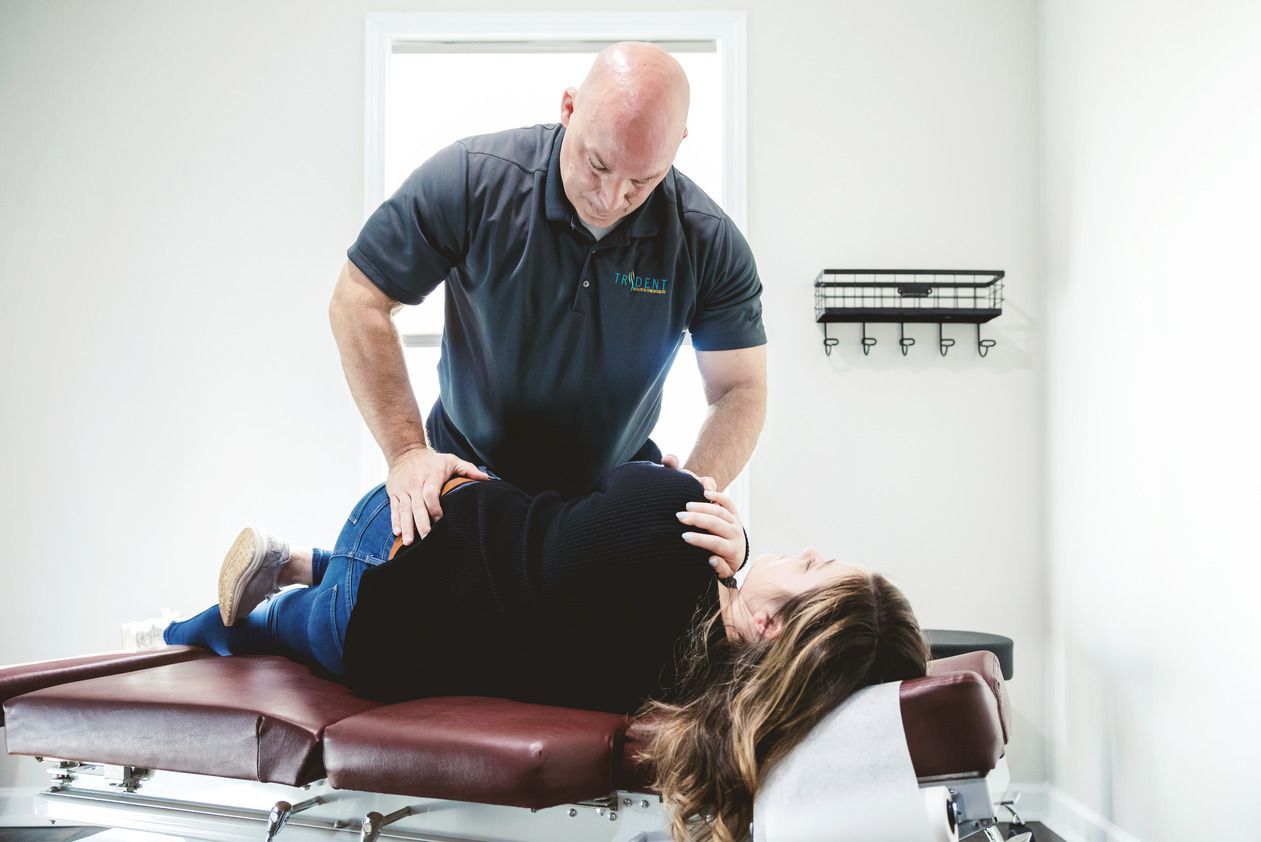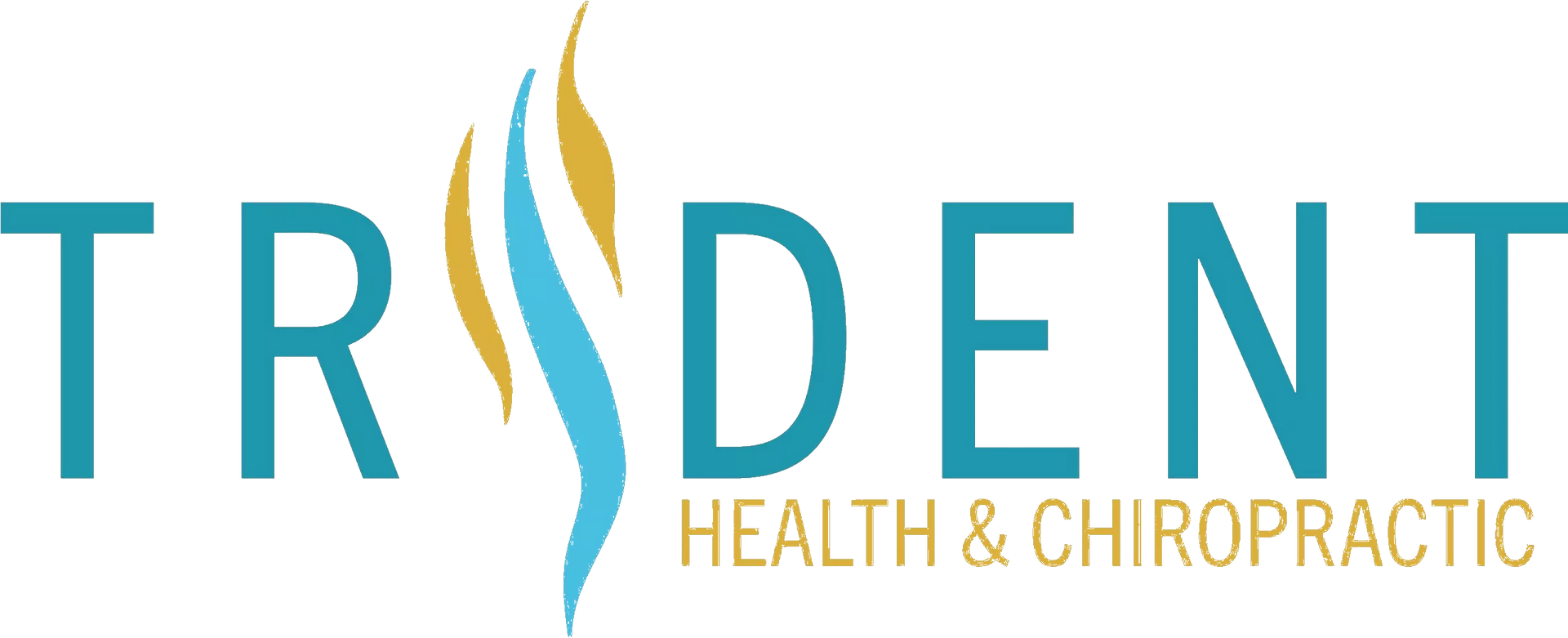Are you suffering from hip pain? At Trident Health & Chiropractic, we offer hip pain treatment in Spartanburg, South Carolina. Whether you're seeking much needed relief from chronic hip discomfort or simply in search of ways to better manage and cope with hip pain, our team can help.
Our dedicated health and chiropractic team is committed to providing you with the latest information and innovative treatments to ease hip pain, improve your quality of life and help you regain your mobility.
We encourage you to take the first step towards a pain free future with hip pain treatment in Spartanburg, South Carolina.

Exploring Hip Pain Treatment in Spartanburg
If you are suffering from pain in the hip then you’ll want to work with our team to develop a treatment plan. Hip pain treatment options encompass a wide range of approaches aimed at addressing discomfort, improving mobility, and enhancing overall quality of life.
From conservative measures like rest, physical
wellness improvements,
chiropractic adjustment treatments, pain relievers, and anti-inflammatory medications to more invasive interventions such as hip joint injections, minimally invasive arthroscopy, or even total hip replacement surgery, there are tailored solutions to suit various causes and severities of hip pain.
Lifestyle modifications, weight management, and exercises to strengthen the hip muscles can also play a pivotal role in managing and preventing hip pain.
Common Causes of Hip Pain
Many things can lead to hip pain such as:
- Osteoarthritis: Ongoing wear and tear of the hip joint over time.
- Bursitis: Inflammation of the fluid-filled sacs that support and cushion the hip joint.
- Tendinitis: Irritation or inflammation of the tendons surrounding the hip joint.
- Hip fractures: A break in the bones of the hip due to injury or osteoporosis.
- Muscle strains: Overstretching or tearing of the muscles supporting the hip.
- Hip labral tear: Damage to the cartilage surrounding the hip socket.
- Nerve compression: Conditions like sciatica or nerve impingement can lead to hip pain.
- Infections or tumors: Less common but possible causes of hip discomfort.
Understanding the underlying cause is essential for effective hip pain management and treatment.





